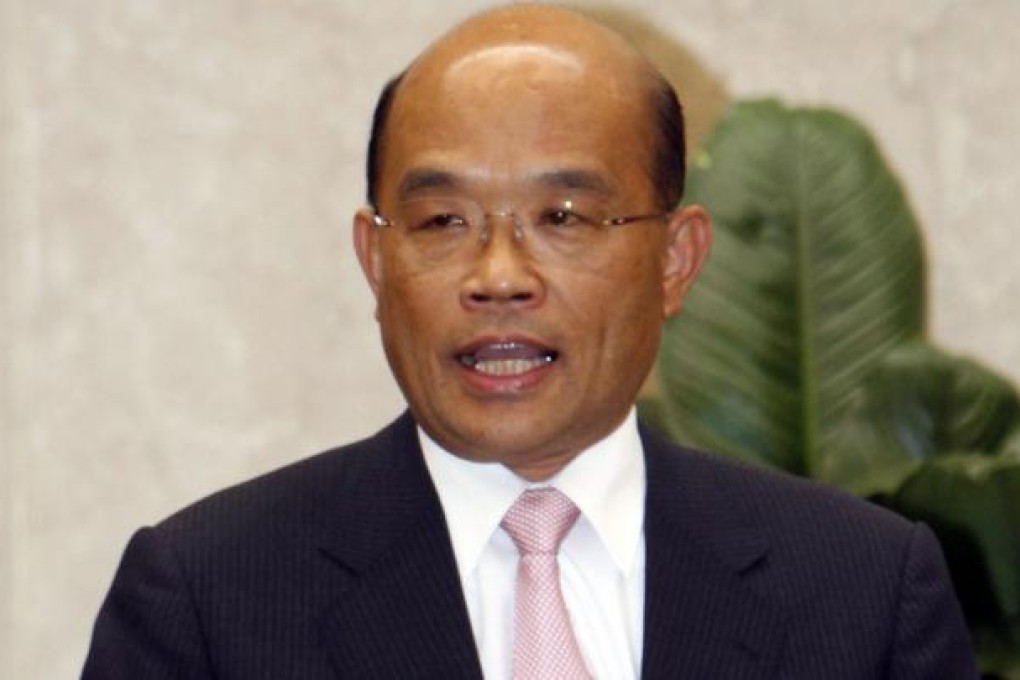Opinion | DPP chief Su Tseng-chang's effort to bridge Taiwan Strait falls flat
Bungled China affairs panel appears unlikely to either fix party's relationship with Beijing or placate party hardliners

Moves by Taiwan's main opposition Democratic Progressive Party to form a "China affairs committee" appear to have backfired.
The pro-independence party's central standing committee passed a motion last month to establish the committee to chart a new direction for its ties with the mainland. The idea was the brainchild of DPP chairman Su Tseng-chang, who assumed the party's top post in May and realised that changing its stance on cross-strait relations could help the party - which ruled the island between 2000 and 2008 - return to power.
Many pundits have attributed former DPP chairwoman Dr Tsai Ing-wen's loss in January's presidential election to her failure to convince the Taiwanese public that she could maintain amiable cross-strait relations, given her party's anti-Beijing and pro-independence stands.
Her opponent, Ma Ying-jeou of the mainland-friendly Kuomintang, adopted a policy of engaging Beijing during his first four-year term as president, resulting in the signing of 18 economic and non-political co-operation agreements, and warming cross-strait ties.
Realising that cross-strait ties would still be a key factor in the next presidential election, in 2016, Su decided in July to reinstate the China affairs department, which was merged with the DPP's international affairs department in 2007. "This is our first olive branch extended to China," he said at the time.
But a related decision, to form a policy-formulating China affairs committee, met strong opposition from the DPP's hard-core, pro-independence faction, which warned Su that establishing such a body would result in his own destruction.